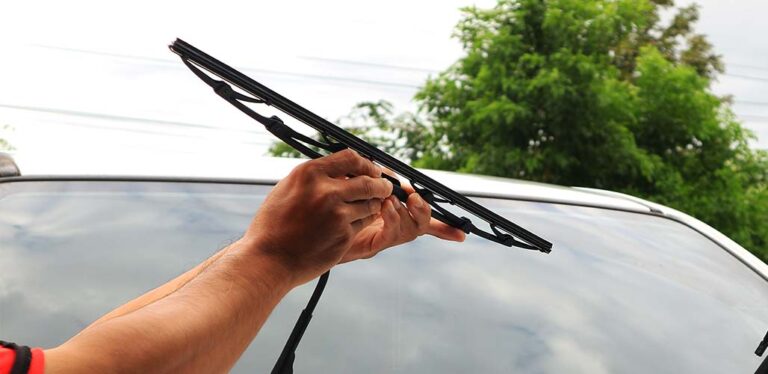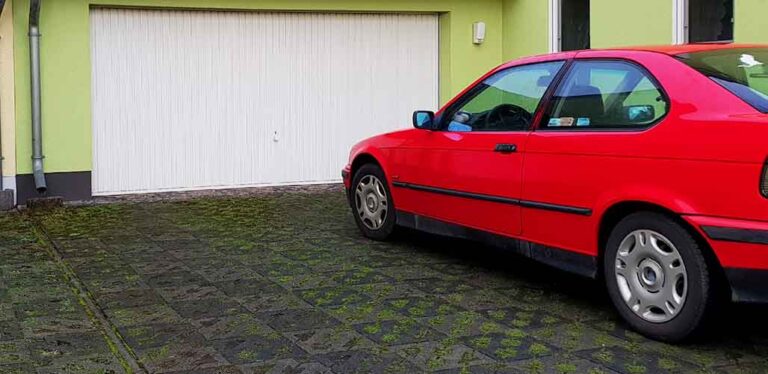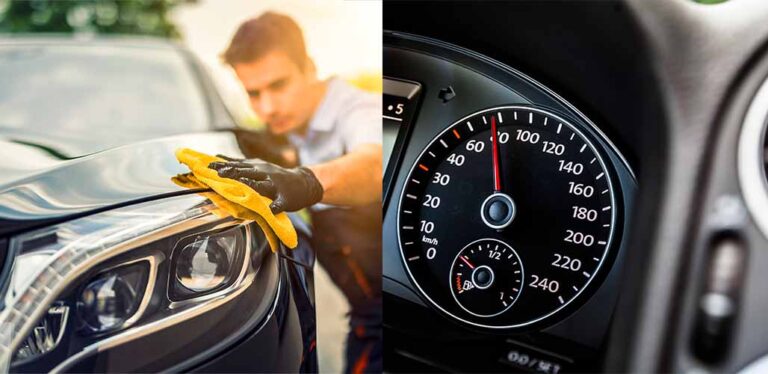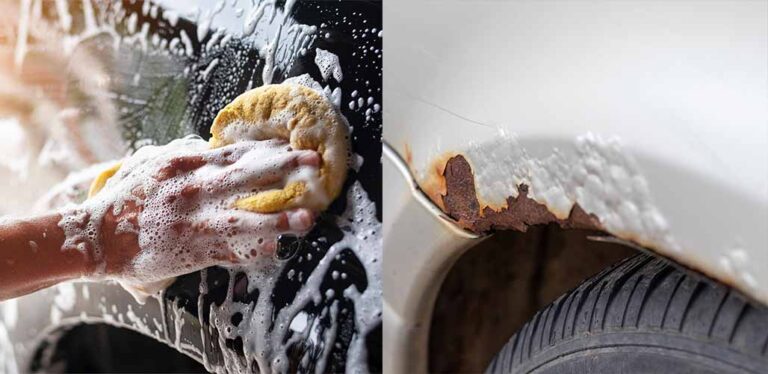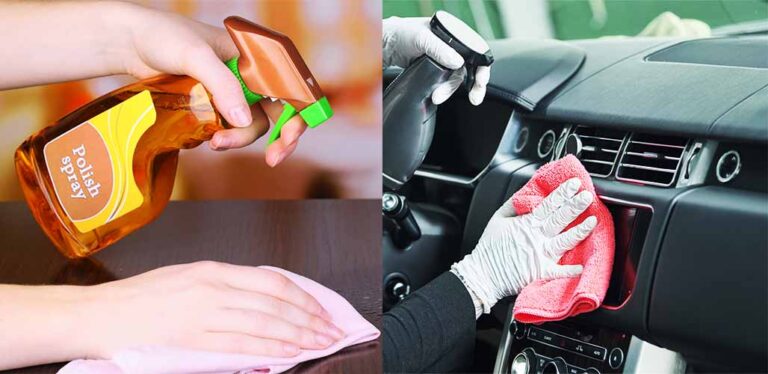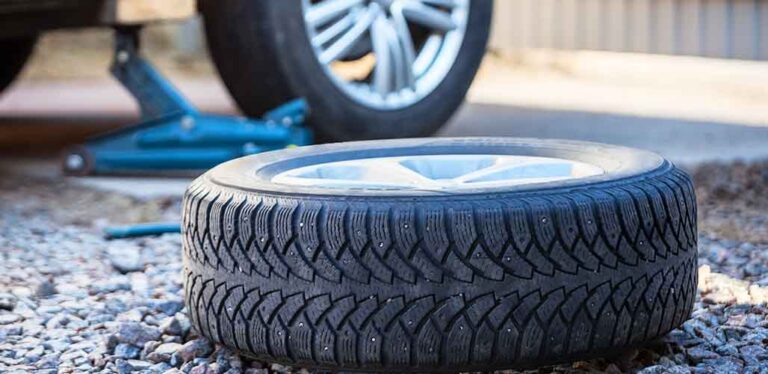Can You Replace Your Own Brake Pads?
Can you replace your own brake pads? Car repair can be costly, time-consuming, and inconvenient. As much as we all would like to fix our own vehicles, some car problems are better left to the experts. Fortunately, with a little bit of knowledge and the right tools, you can replace your own brake pads at home in your driveway or garage.
Contents
- Can you replace your own brake pads?
- When to replace your brake pads
- What tools you’ll need
- How to replace your own brake pads
Can You Replace Your Own Brake Pads?
Replacing your own brake pads sounds easy enough for anyone with even a rudimentary knowledge of the internal parts of the car to do themselves. But like everything else about your vehicle that hides under the hood, there’s always a risk involved. And just because you can replace your own brake pads, that doesn’t mean that you should.
It’s safe to say that replacing your brake pads is a mixed bag. There’s definitely an upside to it, but there are also risks involved. Here’s the lowdown of the benefits and dangers in no particular order.
- It’s Not Easy: To get to the brake pads, you’ll have to know your way around the whole brake system. More often than not, you’ll have to take out the parts around the brake pads then put them back. In some cars, you’ll need special tools such as manufacture-specific scanning tools to dismantle the calipers.
- It’s Good Experience: Getting your hands dirty as you replace the brake pads with all the work that entails, makes you in tune with the vehicle. You’ll notice any shudder or unusual vibration and immediately sense if there’s something wrong with the car.
- Find and Fix Other Problems: Once you become familiar with what’s under the hood of the car, it then gets easier to look for other issues and try to fix them. After replacing the brake pads, you can check the rest of the brake system, the suspension, the steering, and the tires.
- Less Risk: When you replace your brake pads yourself, you will be able to tell when they need to be replaced again. You won’t have to wait for the last minute when the pads have been worn out before you fit the car with new ones.
When should I Replace my Brake Pads?
Like every other part in the vehicle, the brake pads are subject to wear and tear and will need replacing after a certain mileage. On average, you should consider fitting the car with new brake pads every 25,000 to 75,000 miles. Why this long spread?
Many factors determine whether you should replace the brake pads on the low end of this range or you should wait until you’ve driven the vehicle for the maximum recommended mileage. These factors are the following.
- Material: Some brake pads last longer than others. If you don’t like to replace the pads often, buy ceramic brake pads. They’re more durable than semi-metallic pads even if they cost a little more.
- Quality of the Brake System: If any part of the brake system is in poor condition, the brake pads won’t last that long. Experts recommend replacing the brake rotors along with the brake pads.
- How You Brake: Do you slam on the brakes or do you tape the brake pedal gently and bring the vehicle to a slow stop? If you’re the first type, you’ll need new brake pads every 25,000 miles because you’re wearing them out quickly.
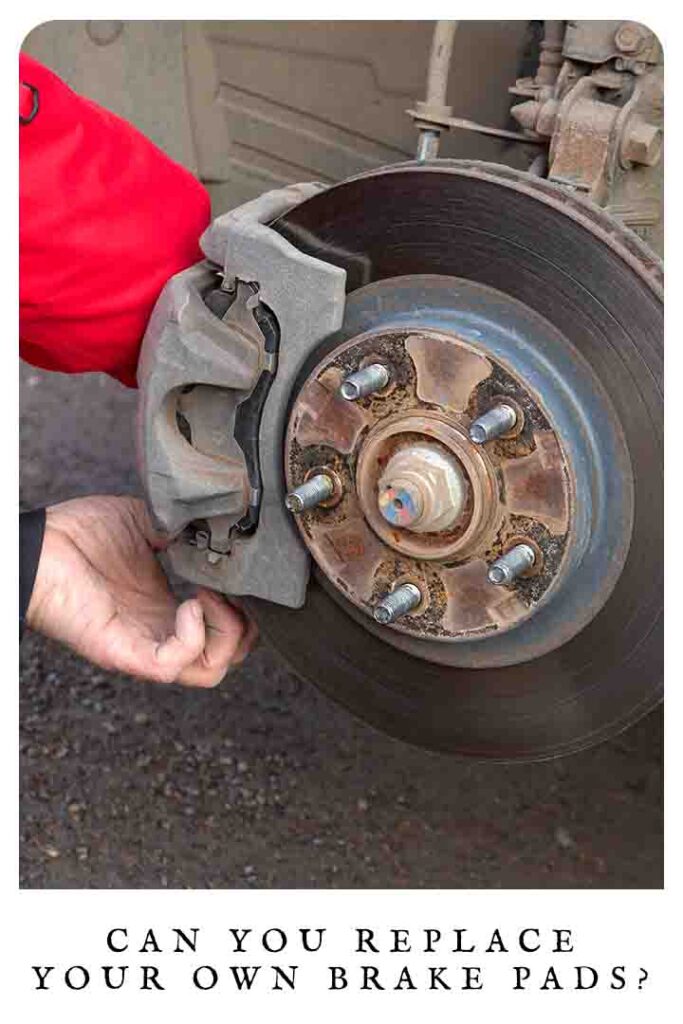
How to Replace Your Brake Pads?
Nothing gives you a better sense of security behind the wheel than knowing that your brake system is in great condition. Any squeaks or grinding noise when you depress the brake pedal and any signs of wear and tear on the brake pads when you inspect them, all of that calls for immediate replacement of the brake pads. So how would you go about replacing your own brake pads?
What You’ll Need
For most cars, you’ll need a floor jack, tire iron, jack stand, ratchet and socket wrenches, brake grease, brake cleaner
Step By Step Instructions
The following steps walk you through the intricate task and simplify it for you. Remember to consult your car manual for any special tools or instructions specific for your car.
- Before you lift the car with the jack, use the tire iron to loosen the lug nuts on the wheel you want to replace the brake pads.
- Now lift the car and position the jack stand under it.
- Take out the lug nuts and ease the tire out to reveal the caliper and rotor.
- Use the ratchet and socket wrenches to remove the caliper bolts then take out the caliper assembly.
- Now you have access to the brake pads. Mark the position and orientation of the pads then remove them.
- Examine the clips holding them for signs of damage.
- If the clips are cracked, banged, or damaged in any way, remove them and install the clips that come with the new pads.
- Take the new pads out of the package and clean them with a brake cleaner.
- Apply a thin layer of brake grease over the metal plates.
- Install the new pads in the same position as the old ones.
- Take one of the old brake pads and fit it inside of the caliper assembly. Tighten the circular piston around the pad to create a tight fit. Then remove the old pad. Now you’re ready to reinstall the caliper assembly.
- Position the caliper assembly over the new pads and slide it in so that the new pads fit inside the circular piston.
- Install the caliper bolts and tighten them with the socket wrench.
- Place the tires back and tighten the lug nuts with your hands.
- Lower the car then use the tire iron to tighten the lug nuts.
- Take the car for a drive and test the new brake pads.
Should I Replace All 4 Brake Pads at the Same Time?
Much like tires, brake pads should be replaced in pairs. If you find that only one of the brake pads on the vehicle is damaged or worn out, that doesn’t mean that you’ll have to replace all 4 brake pads. But it does mean that you’ll have to replace at least 2 of them.
If the damaged brake pad is on the front wheel, then you’ll need to replace the two brake pads (and brake rotors as well) at the front. The same applies to either one of the pads on the rear wheels. Keep in mind that the front brake pads wear out faster than the ones at the rear.
Can You Replace Your Own Brake Pads?
In many cases, you can, and even should, replace your own brake pads. If you have the right tools, time, and knack for DIY projects, then replacing the brake pads should go flawlessly. Consult your car manual for any special tools or instructions before you fit the car with new brake pads.
Vehicle Maintenance At Home
- Is it worrying when a vehicle smells of antifreeze?
- What to do when your car gets louder
- Fixing your windshield washer pump
- Changing your wiper blades
References
- Nagesh et al. Characterization of Brake Pads by Variation in Composition of Friction Materials
- Irawan et al. Overview of the Important Factors Influencing the Performance of Eco-Friendly Brake Pads
- Ahdy et al. Review of automotive brake lining materials and their tribological properties
- Unaldi et al. The effect of the brake pad components to the some physical properties of the ecological brake pad samples


